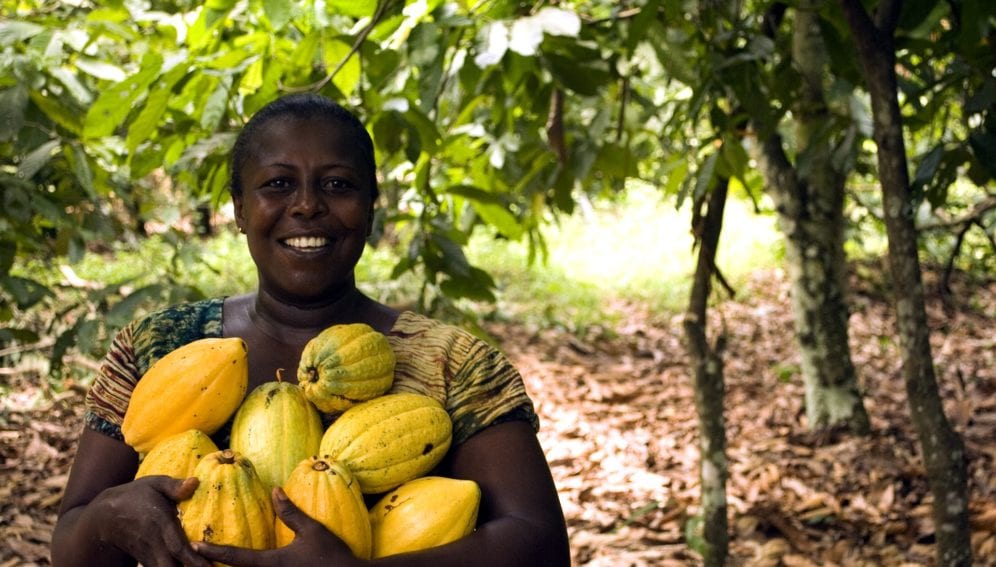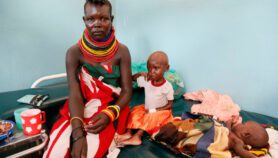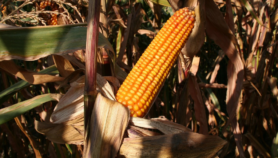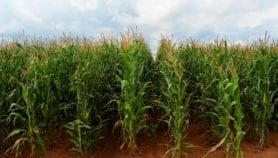13/03/20
Farmers group ‘should fill gap left by EU withdrawal’

Send to a friend
The details you provide on this page will not be used to send unsolicited email, and will not be sold to a 3rd party. See privacy policy.
[NAIROBI] The closure of the Technical Centre for Agricultural and Rural Cooperation (CTA) will leave a major gap in training and support for small-scale farmers, but that gap should be filled with a local organisation headquartered in the region, an agricultural scientist argues.
CTA has for the past 35 years provided agricultural information, capacity building and practical support to smallholders in almost 80 countries.
Kirimi Sindi, a senior scientist and country manager at Rwanda’s International Potato Center, tells SciDev.Net the closure is unfortunate.
“The CTA has had a great impact but it is a casualty of international realignments. This body having been located in Europe also made it politically irrelevant,” Sindi says.
“The EU remains dedicated to supporting sustainable development and smallholder farming in Africa through a multitude of different projects on the continent.”
Michael Hailu, CTA
Sindi is calling for a locally-based organisation to take charge of solving the problems that confront African smallholders.
“International organisations based outside Africa have issues in visioning. A headquarter of any organisation has the greatest influence in the direction, sustainability and relevance of [that] organisation,” he explains.
Sindi says in the short-term, opportunities and trainings the CTA offered will be negatively affected.
“The CTA led the way in promoting the youth in agriculture and technology. One of the big areas they have had an impact is the use of drone technology in agriculture,” Sindi adds.
Michael Hailu, director of the CTA, says the centre empowered smallholders to adapt to climate change, access markets, and improve productivity through access to timely information, as well as training and new digital technologies.
“The CTA’s main focus has been to help transform smallholder agriculture through knowledge and innovation into a modern and sustainable business that creates value for farmers, entrepreneurs, youth and women, and produces affordable, nutritious and healthy food for all,” Hailu says.
Projects included the technology-driven Climate, Livestock and Markets (CLIMARK), which “developed cutting-edge, satellite-based livestock insurance, which provided coverage and protection against the impact of drought for 10,000 pastoralists in northern Kenya and Ethiopia”, Hailu explains.
Hailu says there is still a lot of work to do to increase productivity, reduce food wastage, build climate change resilience and make agriculture more suitable.
Ana Pisonero, the European Commission’s spokesperson for international cooperation and development, says that closing the CTA does not mean Europe is losing interest in African, Caribbean and Pacific countries.
“The EU remains dedicated to supporting sustainable development and smallholder farming in Africa through a multitude of different projects on the continent,” Pisonero tells SciDev.Net. “This commitment will only increase in the coming months as we work towards a new partnership with Africa.”
Pisonero says the partnership, under negotiation, will have a digital focus.“We are aware of the impact that digitalisation has and will have on African agriculture and this is why many of our actions, such as Development Smart Innovation through Research in Agriculture (DeSIRA), address digitalisation as part of the innovation and research agenda needed to transform African agriculture and food systems,” she explains.
“We are confident that our partners will ensure that CTA’s accomplishments will be built on and will serve to meet the aspirations of the African, Caribbean and Pacific countries for agricultural transformation,” Hailu says.
This piece was produced by SciDev.Net’s Sub-Saharan Africa English desk.













